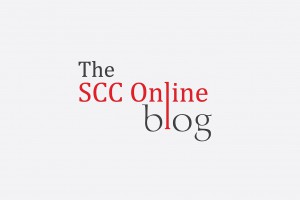Supreme Court: Approving the declaration of Urdu Language to be used as the second language, in addition to Hindi in the State of Uttar Pradesh, the constitutional bench of R.M. Lodha, CJ and Dipak Misra, Madan B. Lokur, Kurian Joseph and S.A. Bobde, JJ held that the amendment to Uttar Pradesh Official Language Act, 1951 through the Uttar Pradesh Official Language (Amendment) Act, 1989 which inserted Section 3 to the 1951 Act was valid.
The appellant in the present case had filed a petition before the Allahabad High Court, seeking the declaration of the aforementioned amendment unconstitutional. Owing to the contrasting views taken by the division bench, the Chief Justice of Allahabad High Court referred the matter to a third judge, who held that the impugned Amendment Act was constitutional and valid. Hence, the appellant, through the counsel I.B. Gaur, contended before the Supreme Court that the power of the State Legislature under Article 345 of the Constitution gets exhausted after a single use and since Hindi was already declared to be the official language of the State, the declaration of Urdu as the second language was unconstitutional.
The Court, rejecting the said contention, held that Indian language laws are not rigid but accommodative, the object being to secure linguistic secularism. Interpreting Article 345 of the Constitution, the Court held that the plain language of Article 345 of the Constitution, which empowers the State Legislature to make law for adoption of one or more of the languages in use in the State, leaves no manner of doubt that such power may be exercised by the State Legislature from time to time. Hence, the argument that once Hindi is adopted as official language of the State in exercise of its power by State Legislature under Article 345 of the Constitution, the State Legislature ceases to have any law making power under Article 345 of the Constitution does not deserve consideration. U.P. Hindi Sahitya Sammelan v. State of Uttar Pradesh, Civil Appeal No.459 of 1997, decided on 04.09.2014
To read the full judgment, refer SCCOnLine

